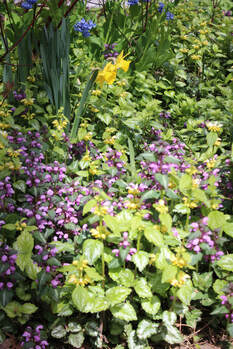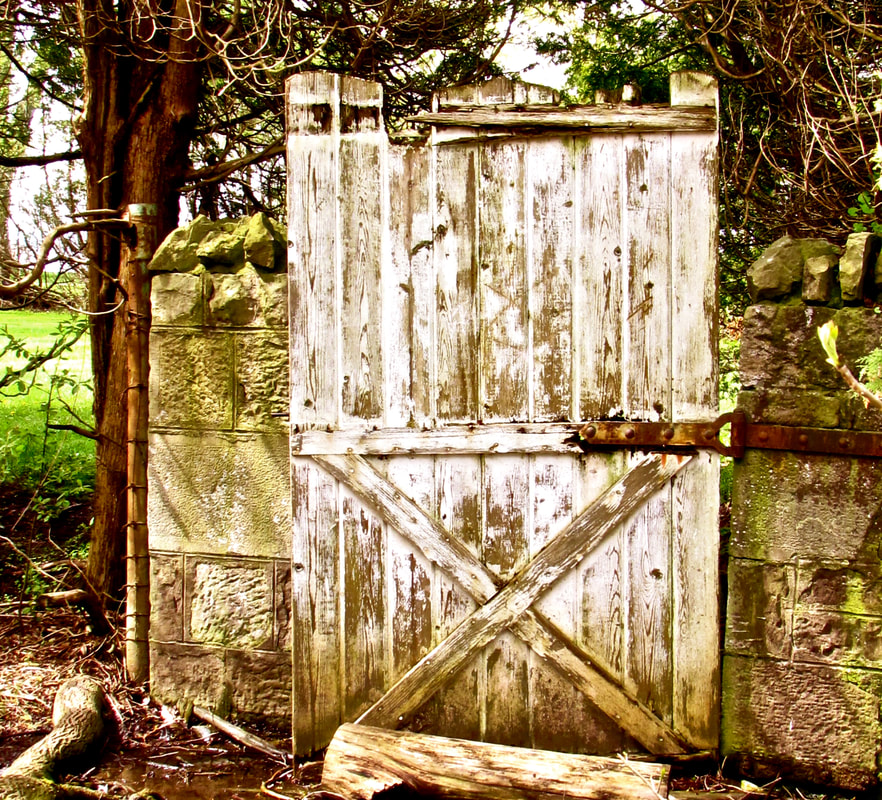I started gardening in earnest in February, planting the native seeds I had collected, labelled, and cold stratified over the winter. We are now seven weeks in. Feeling expectant, I dreamed that the tiny pots were full of little green sprigs; and indeed there was a bountiful harvest! Unfortunately, my abilities lie in mycology.
Back to the drawing board. I continue to watch webinars on habitat gardening but they become increasingly bittersweet. Exterminating the unfortunate toadstools didn’t help. Next to nothing has replaced them except calla lilies because a corm is hard to screw up unless you plant them facing down. My overwintered geraniums are blooming but again, not native.
t wouldn’t matter at all if the bioweb weren’t in dire straits. The sheer magnitude of severe decline, not to mention full extinction, is terrifying. Insects, of whom the vast majority are beneficial, are now in scarce supply and you have to look only at similarly plummeting bird species to see one of the results. Our traditional properties are full of pretty but useless non-native species which support no natural life, turf grass - en ecological desert - being the most egregious. I will be gone before the full wave hits but it feels like a rotten inheritance to leave to other generations so habitat gardening and charitable support of environmental agencies like the Nature Conservancy of Canada are must-dos for every one of us who has a garden and/or some spare cash.
I do have some excellent news, however. If you are lucky enough to live in Mississauga, a force of nature named Jeanne McRight has spearheaded a new organization called Blooming Boulevards whose goal is to reclaim our boulevards for nature by planting species that insects and birds can rely on. In three years they have established 200 of such gardens, all of them beautiful as well as ecstatically alive with pollinators. Because our own property is full of old trees, my efforts lean towards woodland habitats, but most people have full sun out front and the prairie species really shine. I am envious as hell but too grateful to trees to complain much.
As I write this, Jon is banding said trees to protect them from lymantra dispar dispar (aka gypsy moth). Last year almost every tree in our heavily wooded neighbourhood was stripped naked and left covered with buffy egg masses just waiting to finish the job this year. Many years ago, that happened to us and since then we have driven to the States for Sticky Foot, hand-picked the caterpillars and used pheromone traps - so successfully that last year we saw only 8 caterpillars and lots of drowned love-sick males. There was one egg mass this spring and it’s now defunct, an ex-egg-mass, an egg-mass that has gone to meet its maker.
It IS possible to fight back. Unfortunately because so few residents did step up, the City has had to arrange for aerial spraying. The wasted tax money is one thing: the important part of the equation is that the spray will kill all of the moths and butterflies at the same time. All because we may like living around trees but are too lazy to fight for them.
Again we are being called upon to expend some effort if we care about this beautiful world we have inherited.
Dragging herself determinedly back from the brink of despair, she said, “Wanta know who spent fifteen minutes in our front yard today?” (We have four or five bird feeders going) Thanks for asking. Well, mainly couples - though not always together because there are eggs to incubate - we have flickers, white-throated sparrows, cardinals, blue jays, gold-finches, chickadees, red-bellied woodpeckers, red-winged blackbirds, downy woodpeckers, hairy woodpeckers, and mourning doves. Jon says he not only heard but actually saw an oven bird spouting TEAcher, TEAcher, TEAcher!! Wheeling above are the red-tailed hawks and the turkey vultures. What I call the Cary Grant bird ("Judy, Judy, Judy!") turned out to be a carolina wren, to my great surprise. We are expecting the orioles to arrive back shortly, and perhaps the wild turkey who roosted in a tree next door last year at a this time. The brown headed cowbirds also made a brief appearance, although I pray they didn’t stay long enough to parasitize the resident nests.
Best of all, I am in the business of taming a chipmunk! She wants to be called Sarah.
Such happiness. Such worry. Such a life.


 RSS Feed
RSS Feed
